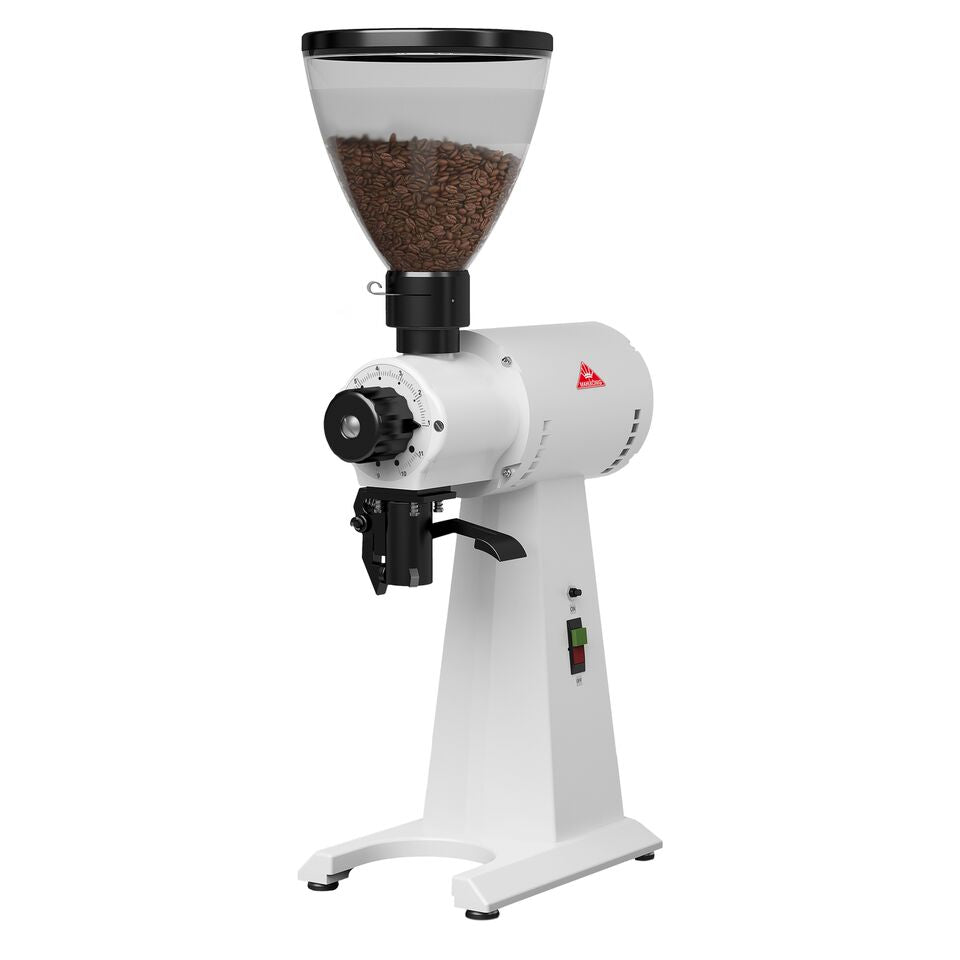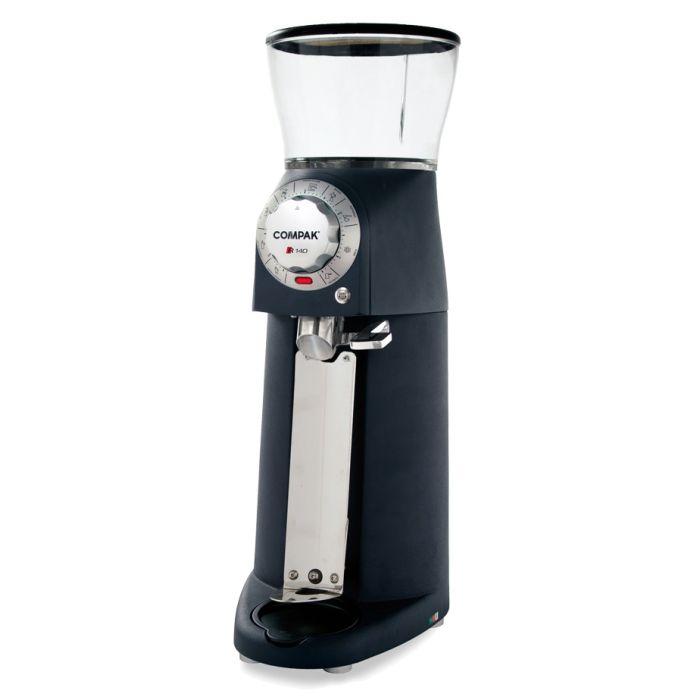A Starter's Guide to Industrial Coffee Grinder Options
A Starter's Guide to Industrial Coffee Grinder Options
Blog Article
Industrial Coffee Grinder Overview: Boost Effectiveness and High Quality
In the competitive landscape of coffee manufacturing, picking the ideal commercial coffee grinder plays a pivotal role in boosting both performance and item top quality. Comprehending the subtleties of numerous grinder kinds and key attributes-- such as customizable grind setups and robust building and construction-- can dramatically affect the final taste account of the coffee. The optimization of the grinding process, combined with thorough maintenance, is essential for sustaining performance over time. As we check out these critical elements, it ends up being noticeable that the ramifications expand past mere equipment option, impacting overall service success in manner ins which necessitate closer assessment.
Understanding Grinder Kinds
When selecting a commercial coffee grinder, understanding the different kinds available is crucial for maximizing both flavor extraction and operational performance. The two key types of grinders are blade mills and burr grinders.

Ultimately, selecting the right kind of grinder is important to maintaining top quality and efficiency in coffee manufacturing, making it critical for companies to buy top quality burr grinders for ideal outcomes.
Secret Attributes to Think About
Selecting an industrial coffee mill needs cautious factor to consider of several crucial attributes that can dramatically influence both performance and the general coffee experience. Among the key elements to review is the grinding mechanism. Burr grinders are typically liked over blade grinders, as they offer a constant work dimension, which is crucial for optimal removal and taste.
Another important attribute is the grinder's capability. A flexible mill with multiple settings enables you to tailor the work dimension to various brewing techniques, improving the coffee's flavor profile.
The construction material additionally plays a duty in resilience and upkeep. Stainless steel components often offer long life and are easier to clean, which is crucial for keeping hygiene standards. Evaluate the mill's noise degree, particularly in an active coffee shop or production setting, where extreme noise can be turbulent. Buying a grinder that stabilizes these functions can greatly boost both functional performance and the high quality of the coffee served.
Optimizing Grinding Refine
To achieve the ideal lead to coffee prep work, optimizing the grinding process is essential. The grind dimension substantially influences removal, flavor, and general top quality of the made coffee. Various brewing techniques call for specific work sizes; for example, coffee requires a fine grind, while French press demands a coarse texture. Comprehending the partnership between work size and brewing technique is the very first step in optimization.


In addition, keeping track of the grinding rate can enhance the procedure. Slower grinding commonly generates much less warmth, protecting fragile tastes and scents. Conversely, quicker grinding might generate extreme heat, negatively impacting the coffee's high quality.
Upkeep and Care Tips
Correct upkeep and treatment of industrial coffee grinders are crucial for ensuring optimum efficiency and long life. Routine cleaning is the structure of upkeep; deposit accumulation can influence taste and grinding efficiency. It is recommended to clean the grinder after each use, wiping down the exterior and getting rid of any kind of coffee grounds from the burrs.
Additionally, check the grinding burrs for deterioration. Dull burrs can compromise look at here now grind consistency, so they must be replaced as required. Industrial Coffee Grinder. Periodically calibrating the mill is also important, as this keeps the preferred work size for numerous developing techniques
Lubrication of relocating parts ought to be done according to the producer's specs, as this reduces rubbing and extends the life of the tools. It is necessary to make use of food-grade lubes to make certain security and compliance with more info here wellness guidelines.
Finally, keep the grinder in a completely dry and stable atmosphere to avoid rust and corrosion. By sticking to these upkeep and care tips, drivers can boost the performance of their industrial coffee mills while making sure top notch output and prolonged operational life.
Return on Financial Investment Evaluation
Assessing the roi (ROI) for industrial coffee grinders is vital for businesses looking for to enhance their coffee manufacturing capabilities. An extensive ROI evaluation assists establish the monetary viability of click here for more buying premium grinders, enabling companies to weigh the preliminary prices versus potential gains.
Analyze the acquisition price of the grinder, consisting of installation and any type of needed adjustments to existing facilities. High-performance grinders usually lead to lowered grinding time and enhanced throughput, which can considerably enhance productivity.
Furthermore, take into consideration the effect on item high quality. Industrial Coffee Grinder. Superior mills yield an even more regular grind dimension, which can enhance flavor profiles and consumer contentment, inevitably driving sales. By increasing the high quality of the final product, services can justify greater pricing, leading to boosted earnings
Conclusion
In summary, an industrial coffee mill plays a pivotal duty in enhancing both performance and item high quality within coffee production. Eventually, the tactical investment in a reputable grinder contributes significantly to improved earnings and competitiveness in the coffee market.
In the competitive landscape of coffee manufacturing, choosing the best industrial coffee mill plays a crucial function in improving both efficiency and product top quality. The 2 main types of mills are blade mills and burr mills. Within the burr grinder group, there are level burr grinders and cone-shaped burr mills, each with its benefits. Burr mills are usually preferred over blade grinders, as they offer a consistent grind dimension, which is essential for ideal removal and flavor.
In recap, an industrial coffee grinder plays an essential role in boosting both effectiveness and product top quality within coffee manufacturing.
Report this page